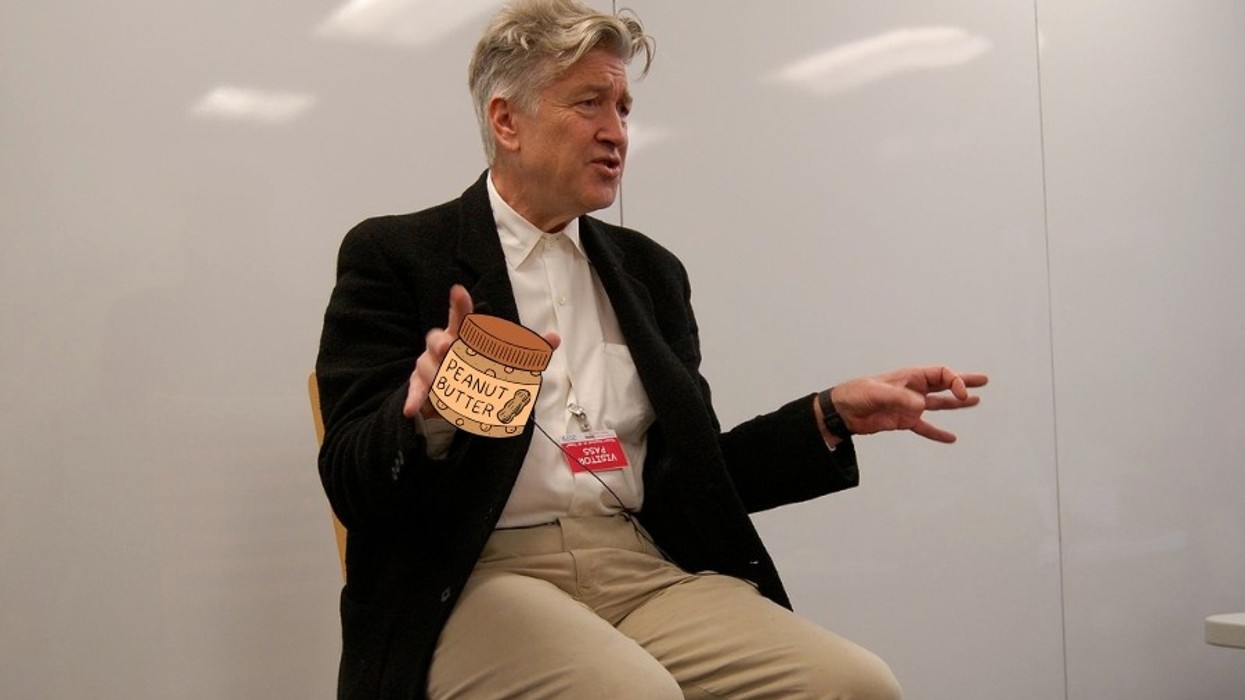THE GOOD NEWS:
Pakistan has planted more than 1 billion trees in an effort to reduce the effects of global warming.
Debates about climate policy often swirl around complicated figures: emissions data, statistical projections, and relative pollution figures around the world. But while the environmental impact of various energy forms remains the focus of heavy scrutiny, one elected official in Pakistan has chosen to spearhead a different — and radically uncomplicated — approach.
The idea is simple: trees.
In Pakistan, deforestation has run rampant for years, leaving just a small percentage of its land area populated with trees. Of course, it’s far from the only country in the world where such unchecked land use has taken a serious toll.
But under the leadership of star ex-cricketer and Tehreek-e-Insaf party chief Imran Khan, Pakistanis have helped seize the opportunity to make a large correction in the interest of maintaining a healthy atmospheric balance at home and around the world.
Khan’s politics sometimes make him a polarizing figure, but the gains in his reforestation effort have largely spoken for themselves. As part of a global effort launched seven years ago, the Billion Tree Tsunami project spent the past two years applying one big number to what can seem an intractably complex policy area.
“If you plant trees … by the river banks,” Khan says, “it sustains the rivers, but, most importantly, the glaciers that are melting in the mountains, and one of the biggest reasons is because there has been massive deforestation. So, this billion tree [program] is very significant for our future.”
Now, Pakistan has finished its billion-tree plant a month ahead of schedule. And the Bonn Challenge, put together to replenish 350 million hectares’ worth of land within the next 12 years, is that much closer to completion.
Its approaching goal to hit the 150-million mark “will create approximately $84 billion per year in net benefits that could bring direct additional income opportunities for rural communities,” according to the International Union for the Conservation of Nature. “Achieving the 350 million hectare goal will generate about $170 billion per year in net benefits from watershed protection, improved crop yields and forest products, and could sequester up to 1.7 gigatonnes of carbon dioxide equivalent annually.”
Sometimes, the shortest path toward a cleaner, more stable environment runs straight up — into a leafier, greener sky.














